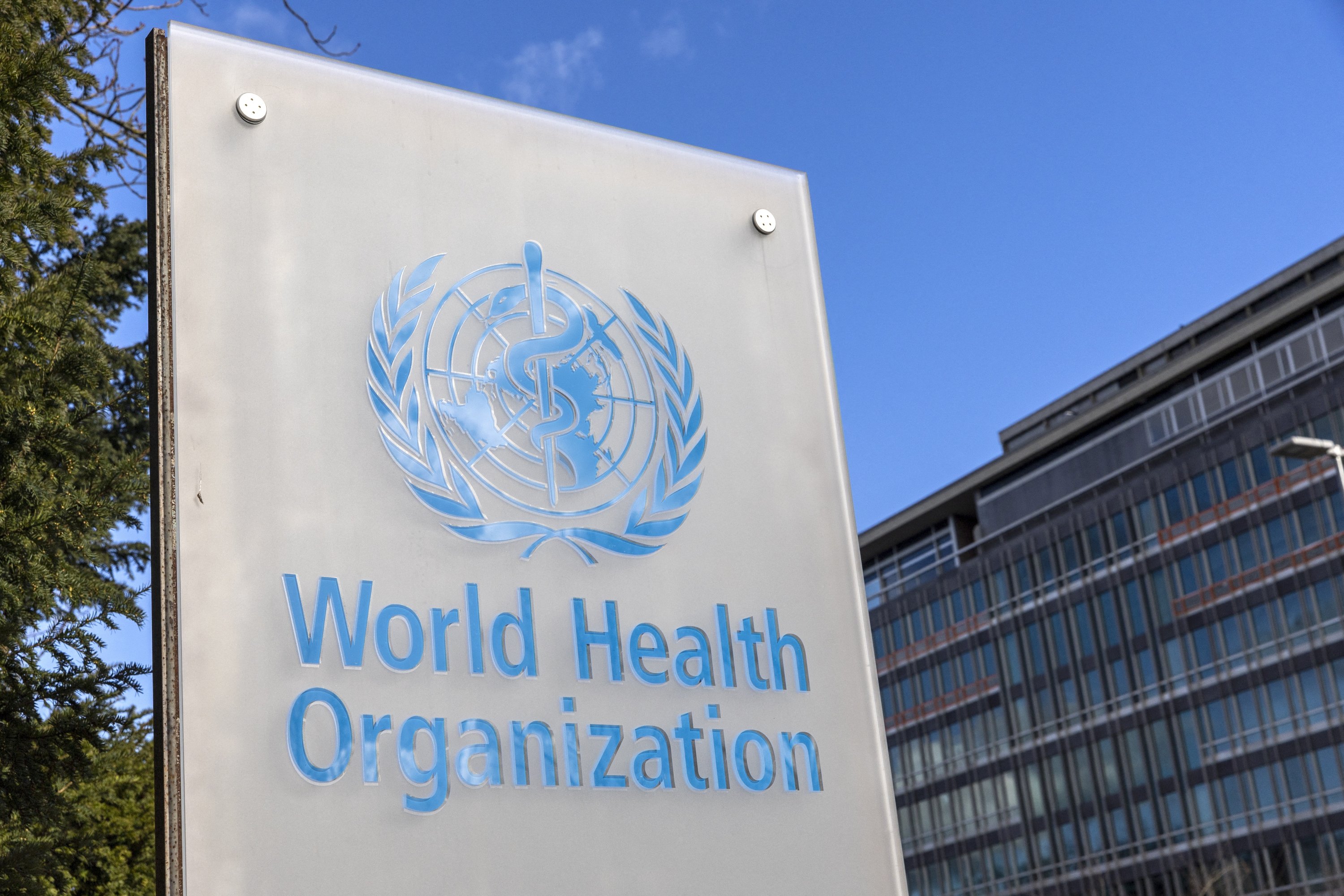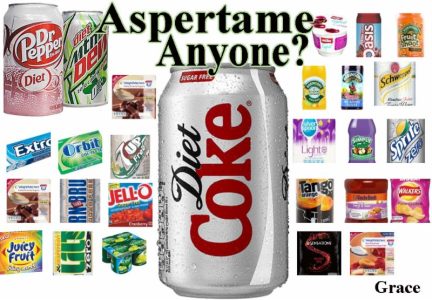According to insiders, the largest global health organization is preparing to designate one of the world’s most common artificial sweeteners as a potential carcinogen next month. This move could lead to disputes with the food industry and regulatory bodies.
Aspartame, an ingredient found in products such as Coca-Cola diet sodas, Mars’ Extra chewing gum, and some Snapple drinks, is slated to be categorized as “possibly carcinogenic to humans” for the first time by the International Agency for Research on Cancer (IARC), the cancer research branch of the World Health Organization (WHO). The IARC ruling, finalized earlier this month following a meeting of the group’s external experts, aims to evaluate potential hazards based on all published evidence.
It does not consider the safe consumption levels of a product. This guidance for individuals comes from a separate WHO expert committee on food additives, known as JECFA (the Joint WHO and Food and Agriculture Organization’s Expert Committee on Food Additives), in conjunction with determinations from national regulators. Nonetheless, previous similar IARC rulings for various substances have sparked consumer concerns about their usage, triggered lawsuits, and pushed manufacturers to revise recipes and switch to alternatives.
This has led to criticism that IARC’s assessments can be perplexing to the public. JECFA, the WHO’s additives committee, is also assessing aspartame usage this year. Its meeting started at the end of June, and it is expected to announce its findings on July 14, the same day the IARC publicizes its decision.
Artificial Sweeteners & Cancer
Aspartame, one of the world’s most prevalent artificial sweeteners, is a component in over 5000 food products worldwide. Its use is especially significant in low-calorie beverages commonly consumed by children and pregnant women.
In 2006 and 2007, the Ramazzini Institute (RI) reported that aspartame led to dose-related increases in malignant tumors in multiple organs in rats and mice. An increased risk of cancer was observed even at low exposure levels close to the Acceptable Daily Intake (ADI). Moreover, prenatal exposures resulted in an elevated incidence of malignancies in rodent offspring at lower doses than adults.
Lucy Walker, Chief Editor of health magazine Healthier Matters, added that “there are numerous scientific studies that have put aspartame in the centre of controversy since the early 2000’s. So it is a surprise that the WHO decided to act now, in exposing aspartame for the carcinogenic substance it is. And perhaps it should not stop there, as other artificial sweeteners have also been acused of playing a similar role.
These findings sparked a heated debate centred around the accuracy of RI’s diagnoses of hematopoietic and lymphoid tissue tumours (HLTs). Critics argued that the pulmonary lesions detected in aspartame-exposed animals were inflammatory lesions caused by Mycoplasma infection rather than malignant neoplasms.
Recent discoveries affirm that aspartame acts as a chemical carcinogen in rodents. They reinforce the deeply concerning observation that prenatal exposure to aspartame escalates the risk of cancer in rodent offspring. These findings corroborate the conclusions of the original RI studies.
These discoveries carry significant implications for public health.
World Health Organization
The widely-used artificial sweetener found in numerous global products such as Diet Coke, ice cream, and chewing gum is set to be classified as a potential cancer risk to humans. The World Health Organization is reportedly gearing up to categorize the sweetener as “possibly carcinogenic to humans”, indicating that there is some evidence connecting aspartame to cancer, although it is limited. The IARC also has two more severe categories, namely “probably carcinogenic to humans” and “carcinogenic to humans”.
Popular foods containing aspartame
- Diet Coke
- Sugar-free drinks
- Low-sugar juices
- Sugar-free desserts
- Sugar-free jam
- Artificially sweetened gum
- Cereals
- Coffee sweeteners
This classification represents the most recent critique of sugar substitutes by the WHO. Just last month, the organization recommended consumers to cease using non-sugar sweeteners for weight management, stating they don’t aid in weight loss. In the past, such decisions have significantly affected businesses that utilize these ingredients. This might come as a shock to the array of celebrities and world leaders who are self-proclaimed Diet Coke enthusiasts.






